Immediate need: (613) 623-5194
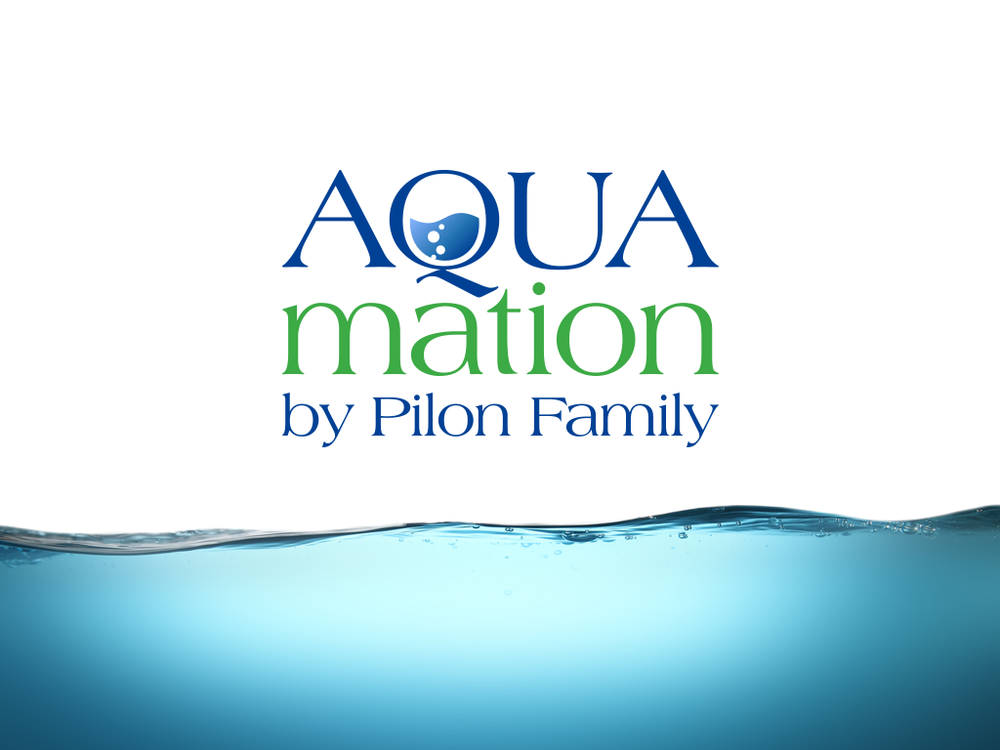
Aquamation
Also known as Alkaline Hydrolysis
Aquamation is a newer form of disposition that is quickly becoming more and more popular with families caring for their loved ones around the world. Alternative to Traditional Burial or Cremation, a combination of water, temperature and alkalinity are used to accelerate the breakdown of organic materials. This is the same process that occurs as part of nature’s course when a body is laid to rest in the soil. While it normally takes years, Aquamation accelerates it to no more than a few hours. The remaining bones are dried and reduced to resemble a fine white sand. Hydrolyzed remains can be placed in an urn and remain with the family, be buried or scattered.
Why Should I choose Aquamation?

Natural
Aquamation mimics nature's process of decomposition. The process takes 6-8 hours which in nature would take up to 25 years.

Sustainable
Electricity is used to heat the water, and no Fossil Fuels are needed in this process. A combination of water and alkalinity are used to accelerate the natural process of tissue hydrolysis and return the body back to nature.

Zero Emissions
Aquamation is a modern alternative with a very minimal carbon footprint and produces zero harmful emissions or greenhouse gases.

Water-Based
Using a combination of 95% water and 5% alkalinity, Aquamation mimics, but accelerates the natural breakdown of a body laid to rest directly in the soil.
Environmental Impact
Aquamation Does not produce or release any toxic air emissions.
Zero use of propane
 Zero Carbon produced or released in the process
Zero Carbon produced or released in the process
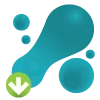 Zero harmful mercury released
Zero harmful mercury released
Additional Benefits
A different choice when it comes to making final arrangements for your loved one
There is no need to purchase a casket or container.
Up to 20% more remains are returned in the urn. The remains are also 100% free of carbon discoloration
Medical devices, such as pacemakers, do not have to be removed
FAQ
How long does Aquamation take?
The process can take anywhere from 6 to 8 hours, depending on the individual.
Can the family still have a viewing?
Of course, and in fact many families choose to have a full–service visitation for family and friends prior to the Aquamation process.
Can the body be embalmed?
Yes, this is a choice that is in the hands of the individual or family. All embalming fluids are completely broken down in the process.
Is a casket required for this process?
No. A box or casket is not used. These materials will not break down in the Aquamation process, nor will clothing, unless it is protein-based (silk, wool, or leather). Alternatively as an option, the body can be placed in a biodegradable shroud made of a special material that safely breaks down in the process.
What actually happens with Aquamation?
The Aquamation process is performed after any viewing or visitation services the family wishes to have. When it’s time for the process, the deceased is respectfully placed in a stainless steel vessel. Alkali (Potash) is added to the process based on individual characteristics, and the vessel fills with water. The solution of 95% water and 5% alkali is heated 302°F, and circulated for the entire length of the process.
By the end of the process, all material is broken down to the smallest building blocks; there is no DNA or RNA remaining. The sterile process water is released for recycling (our bodies are approximately 65% water to begin with), and the vessel performs a fresh-water rinse for the equipment and remains. When the operator opens the door, only the inorganic bone minerals remain. These minerals are processed into powder and returned to the family in an urn or temporary container. This final processing step is the same process which follows flame cremation. Many families hold a tribute or gathering when the loved one’s remains are returned to the family’s care.
Can the family still have a memorial service after the process?
Yes. Many families choose to have a funeral service or tribute to honor the life of their loved one and gather with friends and family.
Are the remains safe to handle?
Yes, the Hydrolized remains are 100% safe to handle, pathogen and disease free. Alkaline Hydrolysis is a scientifically proven sterilization process.
What can be done with the remains?
Some families bury the urn in a cemetery, or permanently inter the urn in a columbarium or niche. There are numerous memorial products that can be made with the ashes such as: hand blown glass memorials, ceramic art pieces, memorial jewelry , memorial plantings for your garden and many more. Many families choose to scatter some or all of the remains in a special place.
Will I need a larger urn?
Yes, sometimes a slightly larger urn is needed due to the increased volume of ashes, but this varies for each individual case. Because the remains are a fine powder they do fit more efficiently into the urns. Some families need to keep the remains together in one urn for interment or cultural/religious purposes, while other families opt to have the some of the remains placed in additional keepsake urns (for example, each sibling may have an urn to bring home).
How much does Aquamation cost?
The total cost of Aquamation depends completely on the services you choose to go along with it. Some families choose to have a viewing and visitation, and even a service or tribute prior to Aquamation, while others choose visitation and a service after the Aquamation has taken place. Due to the fact that we perform Aquamation right here at our funeral home and that a casket or container is not required, our overall cost for Aquamation is less than flame cremation.
Why do families choose Aquamation?
Families have expressed that:
They are grateful to have a choice.
They prefer a process that does not use propane or intense heat.
They believe this to be a more favourable option.
They value the minimal environmental impact of the process.
If you have any more questions about Aquamation or funeral services in general, please don't hesitate to reach out to us.
Contact Us
Phone: (613) 623-5194
Email: admin@pilonfamily.ca
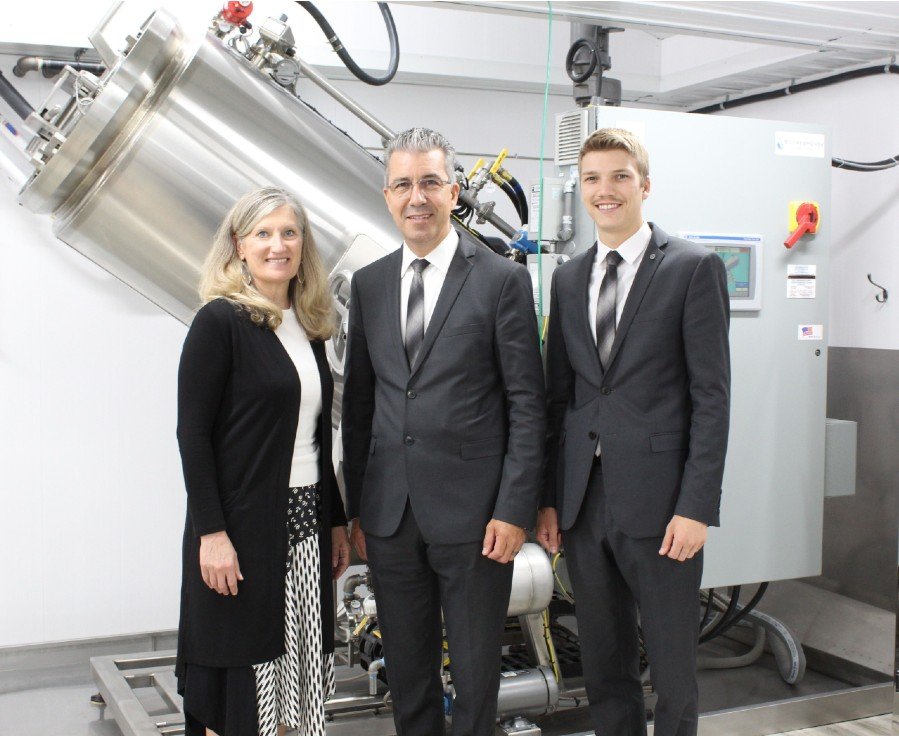







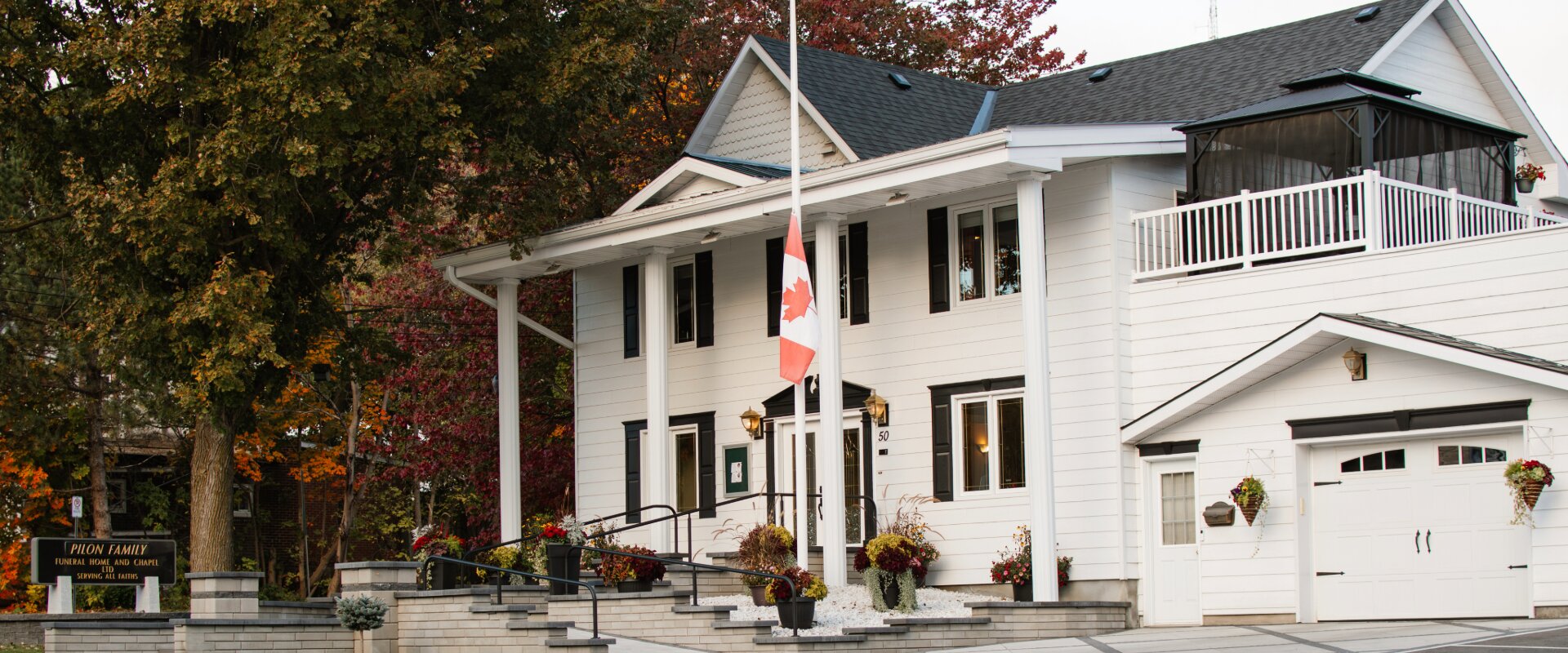

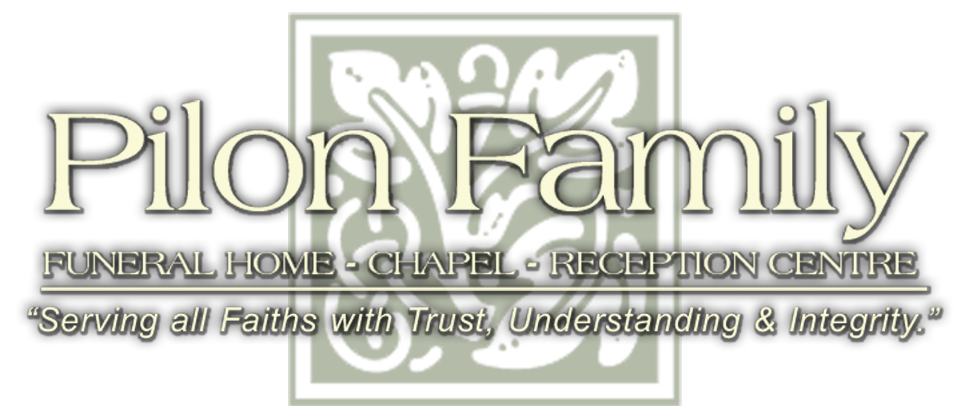
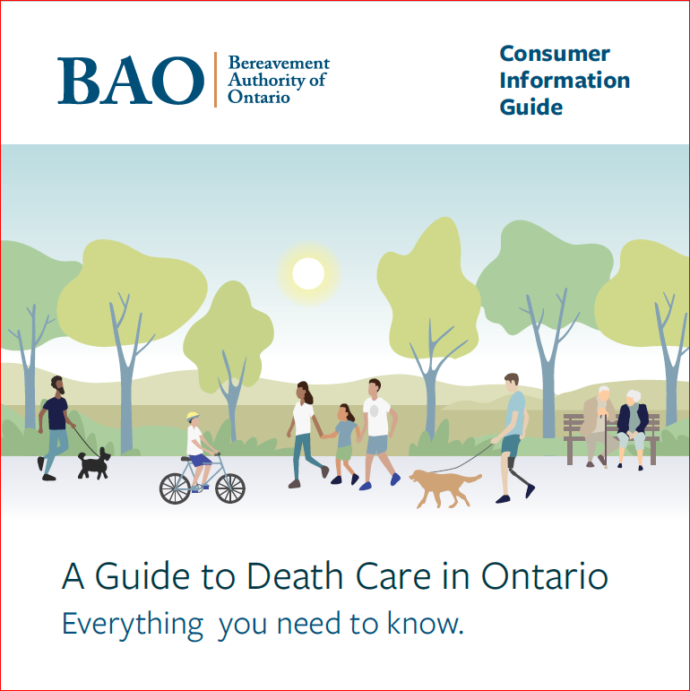
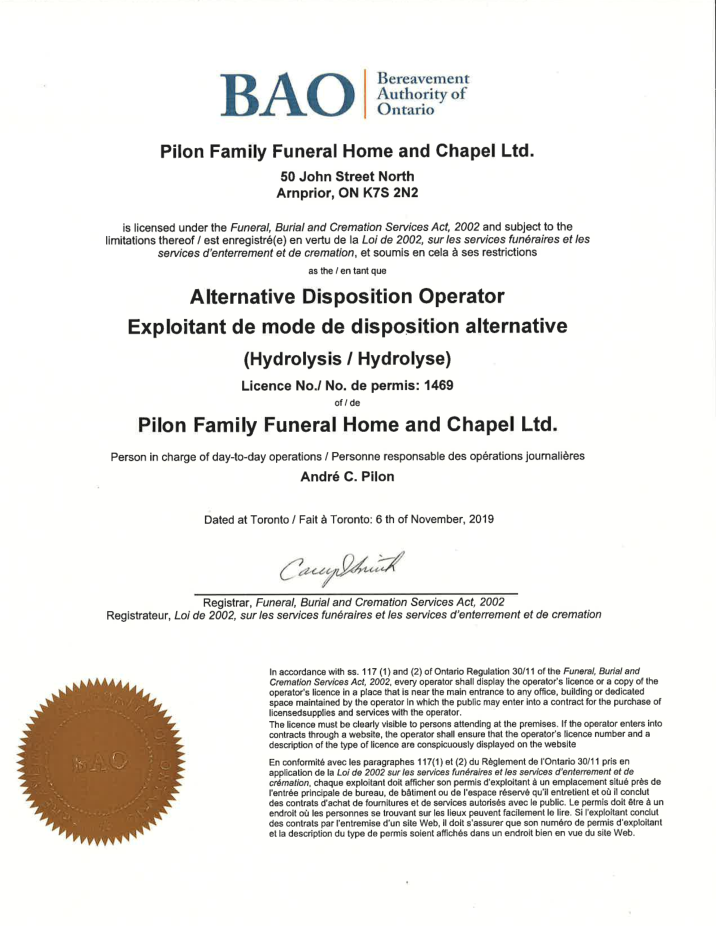
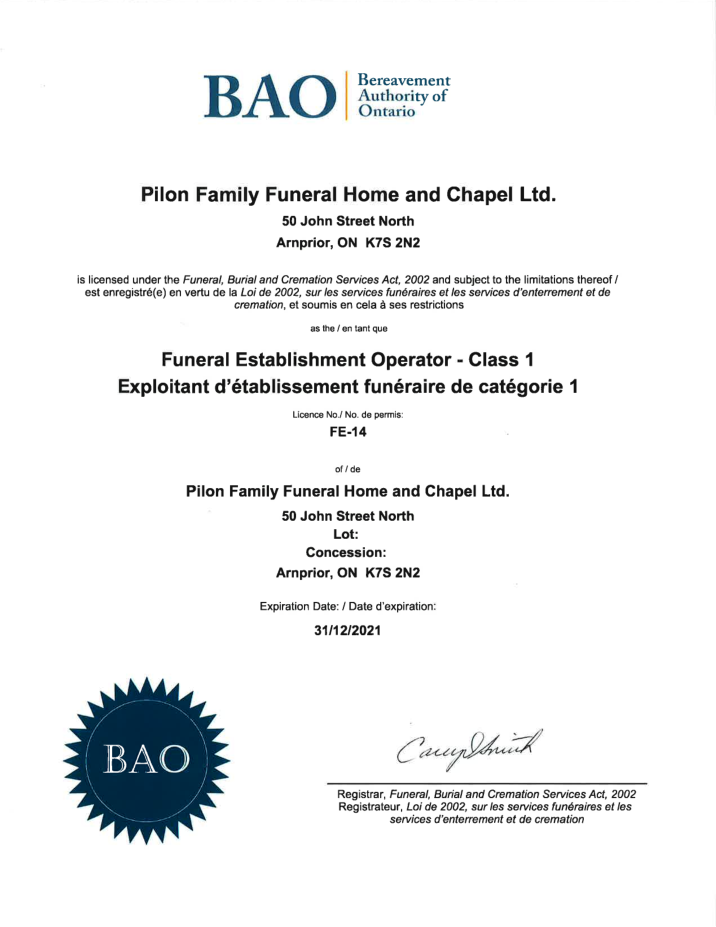
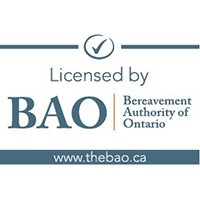 The BAO Consumer Information Guide
The BAO Consumer Information Guide